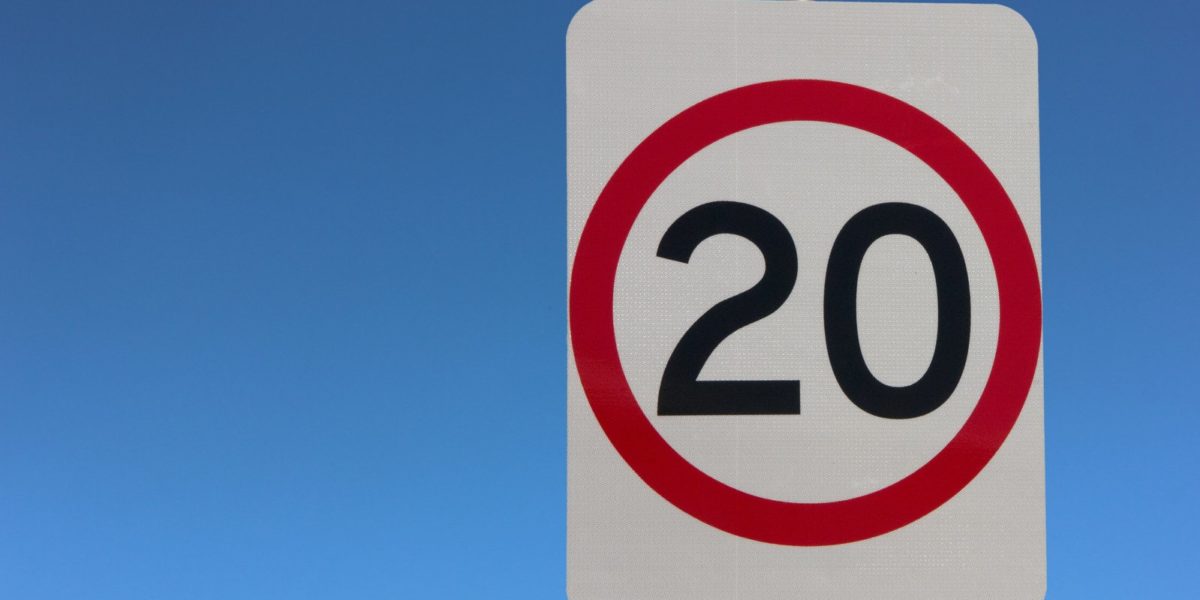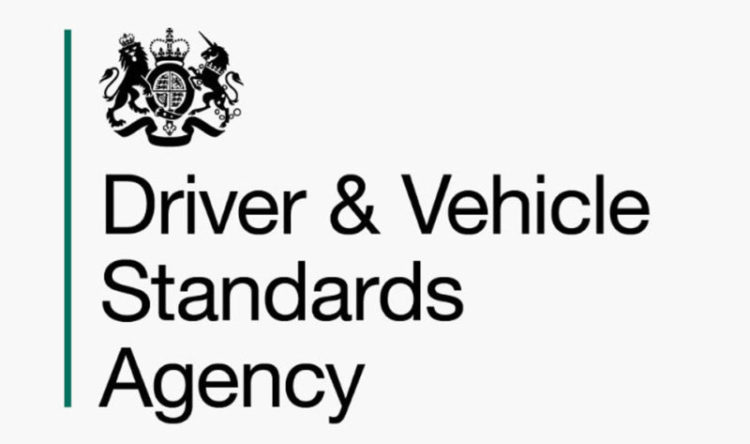20 and more
Welsh government announce a softening of the default urban speed limit policy
Wales’ Secretary for Transport has said he will consider making a “targeted change” to 20mph zones in Wales.
The government introduced the default 20mph speed limit in urban areas last year.
It has proved highly controversial, with an online petition of 500,000 signatures calling for it to be scrapped.
Changing routes
The move, brought in by previous First Minister Mark Drakeford, led to local opposition.
This has even led to civil disobedience and vandalism of the new 20mph signs and some cameras.
Now, the new Cabinet Secretary for North Wales and Transport, Ken Skates, has stated he will be revising some of the qualifying advice.
He has pledged to set out a three-phase plan on 20mph, where the Welsh Government will work with local authorities to revise the guidance on which local roads can be exempted from 20mph.
The revised guidance will be published in July, with councils expected to make changes from September.
In a statement preceding the announcement, Mr Skates said, “Listening is the immediate priority” at 20mph.
Skates added that “the Welsh Government will listen to the people of Wales and work in partnership with councils to deliver targeted change to the 20mph implementation.”
Same destination
The rollout of the 20mph zones across Wales has been controversial in North Wales, leading to the vandalism of 20mph infrastructure.
Welsh Conservatives and the British Conservative government have both argued against the default 20 policy.
For many it is classed as another part of ‘the war on motorists’.
An anti-20mph petition was signed by hundreds of thousands of people – making it the most signed in Senedd history.
However, new First Minister Vaughan Gething said at the end of last year: “I’m a dad, I have a primary school aged son, I’m much more happy for him to ride his bike on a road where I know that people are going to be driving slower and he’s much more likely not to be hit or to get up if he does get a bump on the road.”
Gething admits that listening to the public is important, though the central principle of the change remains true.
Responding, Natasha Asghar MS, Shadow Transport Minister, said: “I fear all this talk of changes to the government’s flawed 20mph scheme is just another example of Labour ministers paying lip service.
“Ministers might be making all of the right noises on 20mph, but if the Cabinet Secretary is serious about listening to the people of Wales, then he will accept that this law was a terrible mistake and repeal it.”
Minor diversion
Wales’s transport minister has said the government will “correct” its guidance on introducing 20-mph speed limits in built-up areas.
Skates was careful to state that the law would not be changed or scrapped, but that guidance would be simplified – “routes that shouldn’t have been included were”.
Since the law’s introduction, local authorities have been able to avoid the limit where appropriate. However, this has proved more complicated and sometimes led to the blanket limit potentially being applied inappropriately.
The policy was introduced in September under the previous first minister, Mark Drakeford, with a promise that lower speed limits would lead to fewer collisions and people injured.
Speaking to ITV Cymru Wales, Mr Skates said: “It’s not a u-turn. We are refining the policy and making sure that we acknowledge that the vast majority of people in Wales believe that slower speeds are ideal outside hospitals, schools, nurseries and busy and built-up residential areas.”
He continued: “We accept that some roads should be 30mph whereas at the moment they are 20mph. We want to help councils make the change back and that means looking at the guidance, crucially it means listening to people, getting public opinion, taking account of the heat this debate has generated and hopefully, by the end of the process, bring people together in a place where 20mph is a popular policy in those areas for where it’s most suitable. If there are routes that should revert back to 30mph, we will move swiftly to ensure that happens.”
Opposition
The Conservatives have fiercely opposed it in the Senedd. The shadow transport minister, Natasha Asghar, described it as a “monumental waste of time and resources”.
Meanwhile, the Plaid Cymru leader, Rhun ap Iorwerth, said: “I support the principle of widespread 20mph zones, but it’s clear that it was implemented very poorly and inconsistently, with too many roads changing to 20mph in places where it felt unreasonable.
“Welsh government must push ahead now and sort it out, working with local authorities and communities to ensure that limits are properly reviewed, and unreasonable 20mphs are removed.”
Wait for the facts
The Welsh government is waiting for full research results later this year to understand whether the default speed limits has made a real difference.
Research has revealed that traffic speeds have dropped between 4 – 6 mph, with limited adverse effects on journey times.
However, the real question will be whether it has delivered safer roads with fewer road casualties and severity of injuries.
A second priority was the improved effects of climate change and the lowering of emissions levels.





